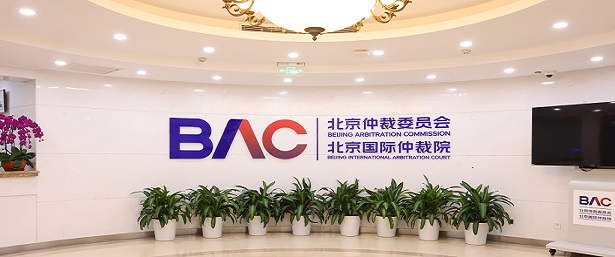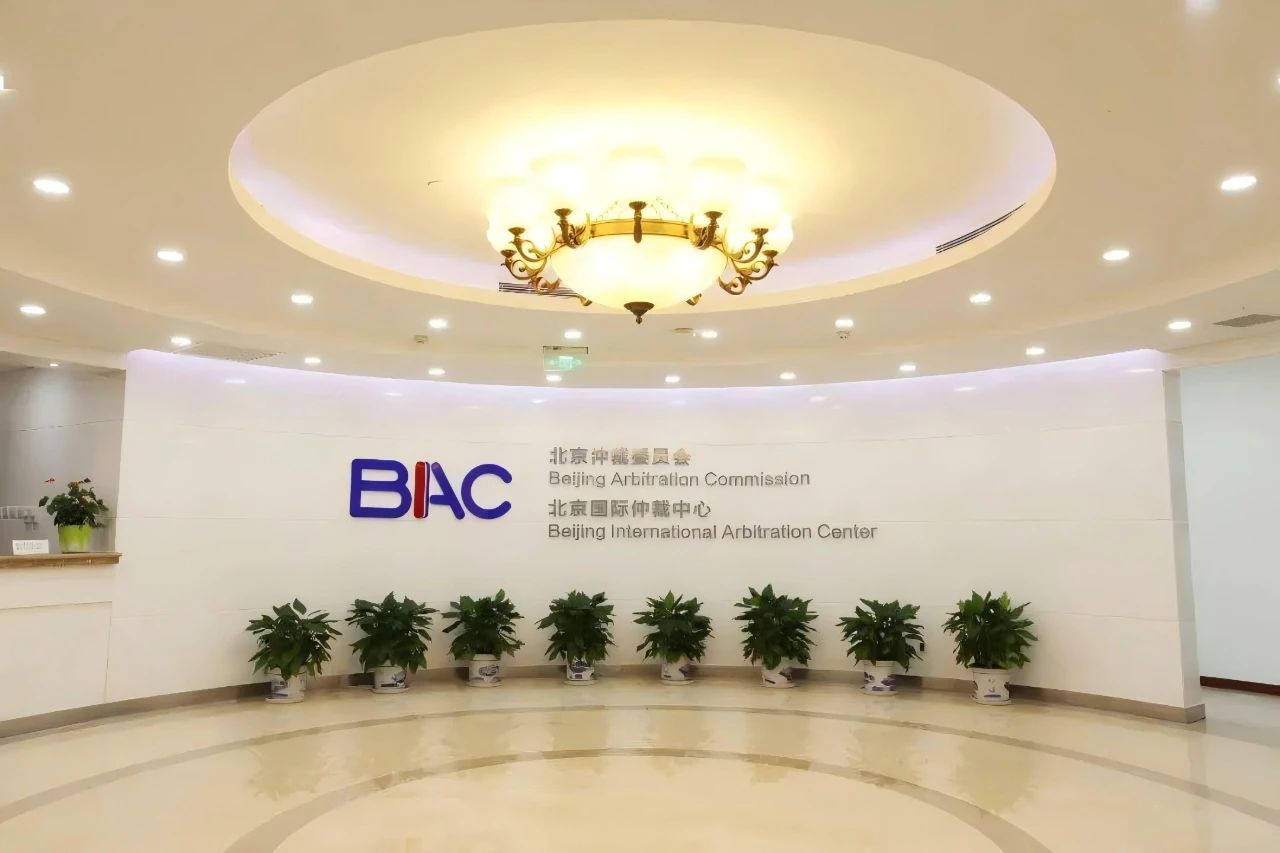
Publish time: Thu Oct 31 18:04:06 CST 2024
Recently, in an international arbitration case involving technology development and service disputes administrated by the Beijing Arbitration Commission/Beijing International Arbitration Center (the “BAC/BIAC”), the arbitration tribunal issued an interim measure order based on the applicant’s application, which was upheld and has been enforced by the Beijing Fourth Intermediate People’s Court. This marks the very first case in China where an arbitration tribunal’s interim measure order was upheld and enforced by a court.

Interim measures are valuable tools in international arbitration, referring to temporary and mandatory measures issed by arbitration tribunal or by the court upon the application by one party, against the other party’s property, evidence, behavior, etc. This mechanism is to protect a party by either preserving the status quo or preventing the other side from continuing the breach in question pending final resolution of the dispute, and to insure the enforcement of the final arbitration award.
The UNCITRAL Model Law on International Commercial Arbitration provides that an arbitration tribunal is entitled to make decisions on interim measures upon an application by a party, which is thereafter enforced by the court. This provision is a common international practice and one of the important indicators in the World Bank assessment of the business environment.
As the case marks the first one where an arbitration tribunal’s interim measure order was upheld and enforced by a court in China, it fully demonstrates the proactive attitude of Beijing courts in creating an arbitration-friendly judicial environment, and has also promoted the alignment of Beijing arbitration legal frameworks with advanced and common international arbitration legal systems and ideas.
The Beijing Municipal Justice Bureau has continually to take active supports to facilitate the innovative development of the BAC/BIAC. It has made the best of the policies and measure promoting the construction of the “Two Zones” as an opportunity to take in the state-of-the-art international arbitration rules, practices, and ideas, fostering the reform of Beijing arbitration system and further aligning it with international arbitration community. At the same time, it has strengthened exchanges and cooperation with the courts, continuously deepening the consensus and measures to create an arbitration friendly environment, promoting the implementation of innovative policies, and enhancing the credibility and international recognition of arbitration in Beijing, jointly advancing the construction of international commercial arbitration hub in Beijing.